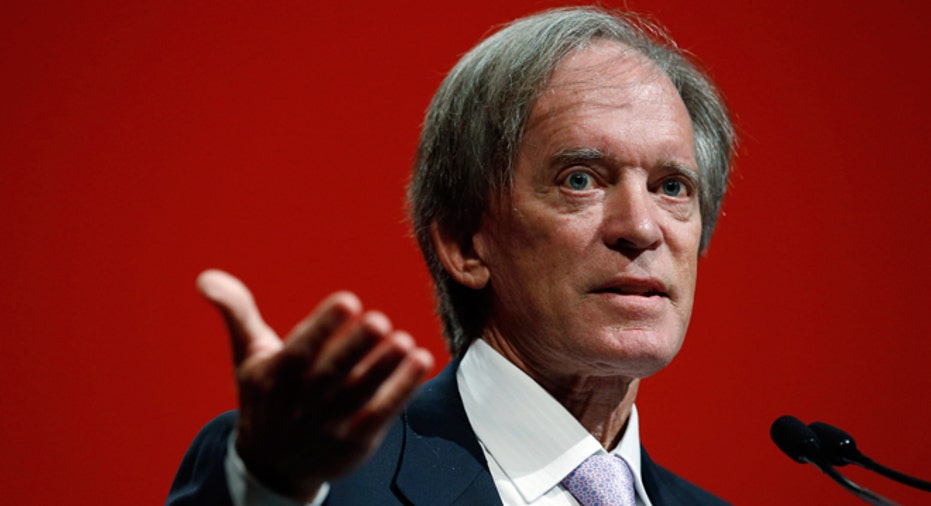Gross: Fed May Have Missed Rate-Hike Window

Bond guru Bill Gross, who has long called for the Federal Reserve to raise interest rates, said on Wednesday that U.S. central bankers may have missed their window of opportunity to hike rates earlier this year and doing so now could create "self-inflicted" instability.
In his September Investment Outlook report, Gross wrote that his concept of a neutral policy rate closer to a nominal 2 percent "now cannot be approached without spooking markets further and creating self-inflicted financial instability."
The neutral rate is the point at which the rate is neither stimulative nor contractionary.
The Fed seems intent on raising the federal funds rate at its policy meeting this month if only to prove that it can begin the journey to normalization, said Gross, who runs the $1.5 billion Janus Global Unconstrained Bond Fund <JUCAX.O>.
"They should, but their September meeting language must be so careful," that "one and done" is an increasing possibility, Gross said. The "one and done" approach represents the Fed raising rates once and not again, at least for the next six months, Gross said.
"The Fed is beginning to recognize that 6 years of zero bound interest rates have negative influences on the real economy – it destroys historical business models essential to capitalism such as pension funds, insurance companies, and the willingness to save money itself."
A decline in saving would lead to other problems like decreases in investment and long-term productivity, he added.
Gross said: "The global economy's finance-based spine is so out of whack that it is in need of a major readjustment. In this case, even the best of chiropractors could not even attempt it. Nor would a one-off fed fund increase straighten it out."
He suggested that major global policy shifts should emphasize government spending as opposed to austerity, adding that countries should recognize that competitive devaluations do nothing but allow temporary respite from the overreaching global problem of too little aggregate demand versus too much aggregate supply.
"It is demand that must be increased – yes, China must move more quickly to a consumer-based economy but the developed world must play its part by abandoning its destructive emphasis on fiscal austerity, and begin to replace its rapidly decaying infrastructure that has been delayed for decades," Gross said.
Overall, Gross said "super-size" August movements in global stocks are but one sign that something may be amiss in the global economy itself, China notwithstanding.
Fiscal and monetary policies around the world now are not constructive or growth enhancing, nor are they likely to be, Gross said. "If that be the case, then equity market capital gains and future returns are likely to be limited if not downward sloping."
Gross said cash is king in this environment.
"Cash or better yet 'near cash' such as 1-2 year corporate bonds are my best idea of appropriate risks/reward investments," Gross said. "The reward is not much, but as Will Rogers once said during the Great Depression – "I'm not so much concerned about the return on my money as the return of my money."
High-quality global bond markets offer little reward relative to durational risk, he added. Private equity and hedge related returns cannot long prosper if global growth remains anemic, Gross said.
(Reporting By Jennifer Ablan; Editing by Chizu Nomiyama)



















